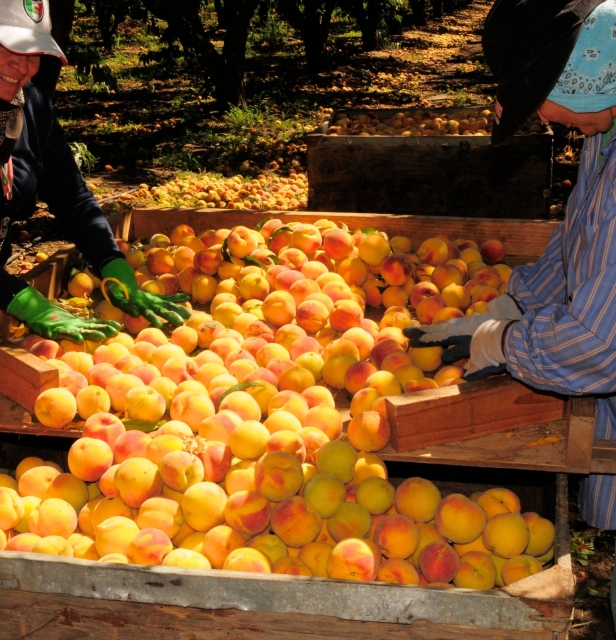


What is a Farmer Co-op?
On the most basic level, the definition is pretty straightforward. A farmer cooperative is a business founded by farmers and owned by farmers.
The farmer-owners elect their peers to the co-op board to ensure that the cooperative meets the needs of its members.
Farmer co-ops serve to directly benefit their members. Each farmer-owner receives a share of the cooperative's earnings.
Co-ops bring together individual farmers giving them a chance to work collectively and accomplish what they cannot do on their own.
There are many different types of co-ops, but NCFC’s members are comprised of four main types. These are: